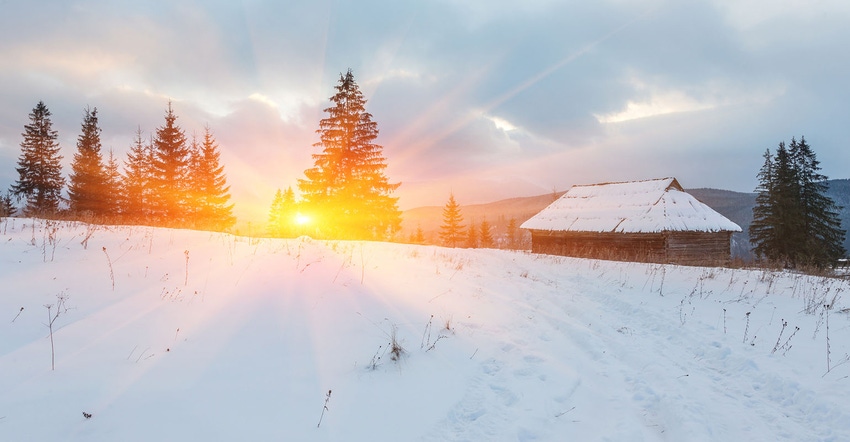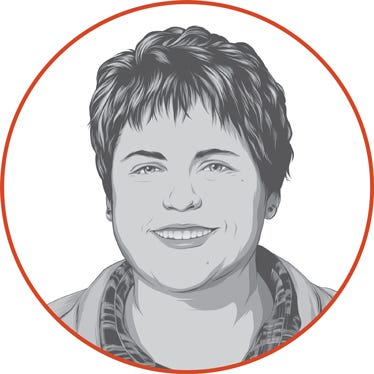
It’s a new year, full of possibilities — and problems — on the farm.
As I was preparing to write my first article for 2019, I was hit with writer’s block. I considered writing the predictable “top 10 New Year’s resolutions on the farm” post, and I tasked my Twitter followers to provide those resolutions.
I asked about goals for the new year. I keep positive about farming and thought the responses would include actions such as market crops better, focus on spending or pay attention to details.
Um … nope.
Apparently, I’m either naïve or hopelessly optimistic because I was shocked by the responses. The farmers I heard from on Twitter were not only negative, but also sounded desperate. Here’s a sample of the replies:
“Why can’t I execute a marketing plan?”
“How does a young farmer survive?”
“I’m afraid the lender will cut me off this year. What do I do?”
“How will I ever be able to buy land?”
“Am I doing this right?”
“Is farming worth it?”
The worry inside
Although I could write for days about those individual topics, what really struck a chord with me was the worry living inside the young farmers I heard from.
Instead of tackling this tough topic on my own, I entrusted my dad for clarity and perspective on what’s going on in farm country. After all, he’s seen it all in his 50 years of farming. He chuckled at the Twitter responses. He didn’t say anything at first, but I could tell in his eyes that he was thinking, “These kids ain’t seen nothing yet.”
My parents bought a farm in 1971, built two hog buildings that decade, spent 10 years fixing up the house on that farm and moved in a few months before my sister was born in 1981. My twin sister and I were born in 1984. My parents were in their late 30s, and my mom quit her in-town job to stay home.
They soon saw their land interest rate increase to 12%, while operating money rose to 18%. Local farmers started to lose land. At that time, you could look at a plat map and see thousands of acres owned by the federal land bank.
Dad tells the story of a neighbor coming to see us when we were babies. That neighbor not only came to welcome us home but to beg my parents to buy his family farm. My parents just couldn’t do it.
My mom tells me each morning when my dad left to feed the livestock, he told her he was just trying to hold things together another day. He considered taking a job at the elevator or starting a bulldozing business.
I tell that story not to make you feel sorry for my family, but to illustrate how bad things were for many farmers in the ’80s. We were lucky. We didn’t lose any land, and my mom cashed in all her retirement, $20,000, to refinance a loan. When you visit our farm now, you see the same house built in 1859, the same hog buildings that have been empty since 1998 that now house seed, and newer tractors in the yard.
We have expanded and diversified over the decades, but farm profitability hasn’t always been easy. When I asked Dad how they held on in the ’80s, he really didn’t have a good answer. But I do know there was a time they shut off the outdoor pole light because it cost $7 a month.
My dad is starting his 51st year of farming and contends that it’s not like the ’80s — yet. But as a young farmer today who was in diapers in the ’80s, I can’t help but worry about the future. It doesn’t take an ag economist to understand that interest rates are rising, land prices are sliding sideways, and farm bankruptcies are up.
I’ve decided I need to be like my parents in the ’80s: hang on, be careful about purchases, stay open to changing the course of business and not be afraid to shut off the lights.
The opinions of the author are not necessarily those of Farm Futures or Farm Progress.
About the Author(s)
You May Also Like






